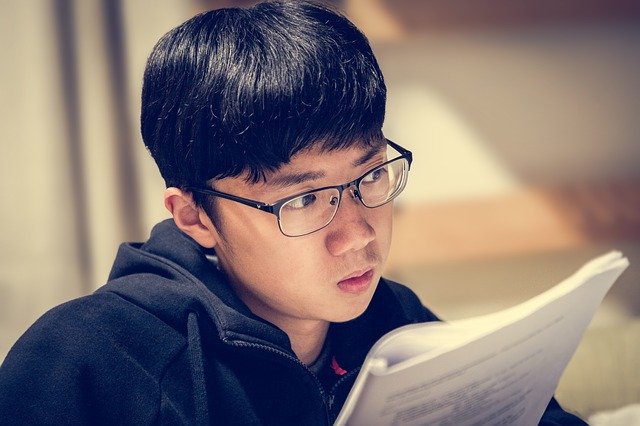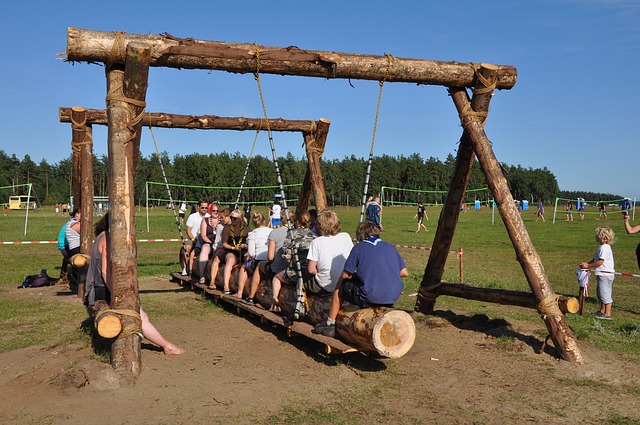
by The Children's Treatment Center | Sep 23, 2020 | General
Another year of college is in full swing across the country. In an effort to control the spread of Covid-19 among their students, some schools have gone to strictly virtual learning. Others, however, are combining this option with in-person classes, which creates a...

by The Children's Treatment Center | Jul 17, 2020 | General
We’ve hit midsummer and kids across the country have had to deal with the disappointment of canceled summer camps this year. Now, many school districts are making parents choose between virtual learning this fall or sending their children to school during a pandemic....


